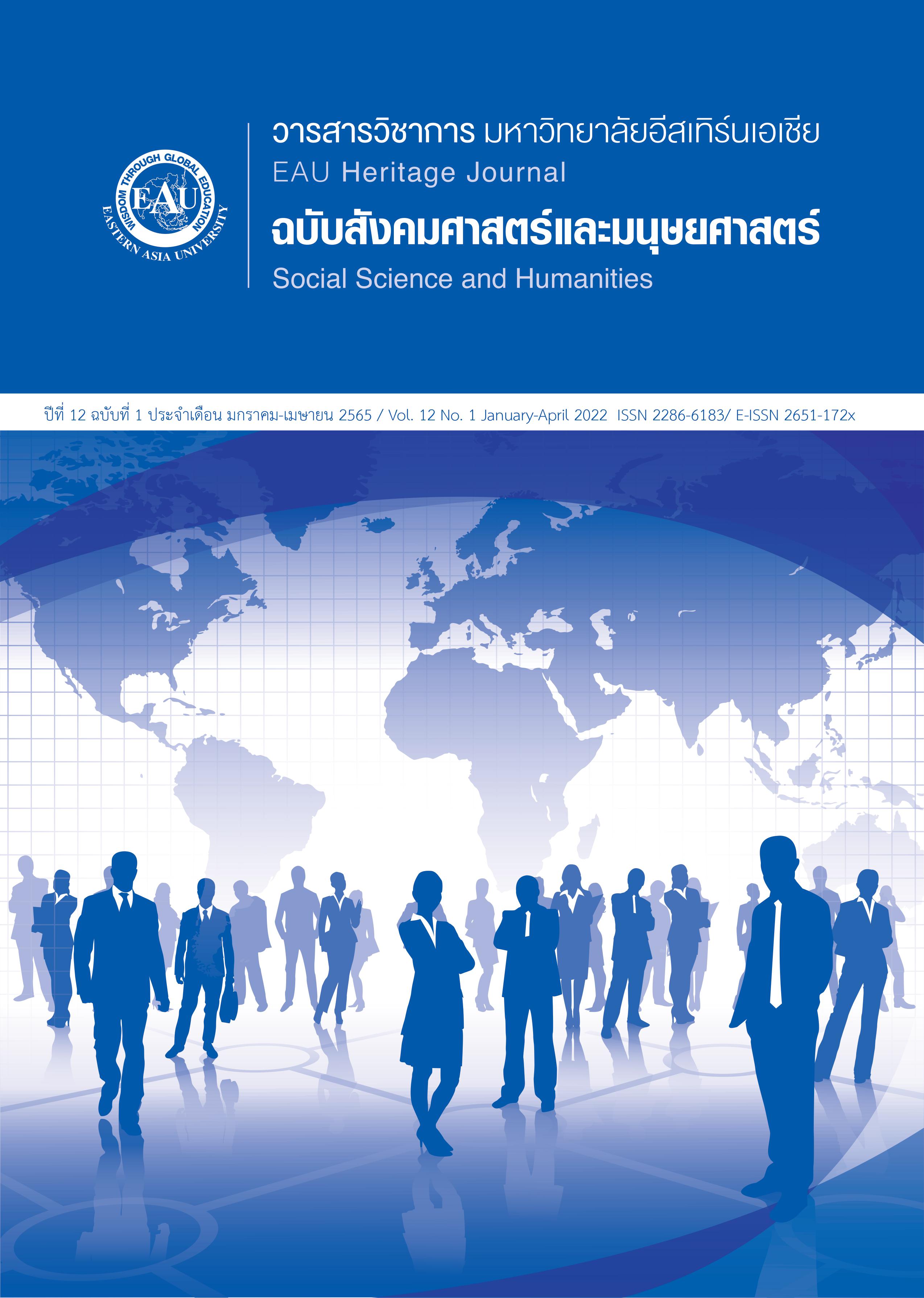The Relationship between Characteristics of Student Exchange Program in Nursing Skill Practices Outcomes
Keywords:
Characteristics of student exchange program, Nursing skill practices outcomesAbstract
The purposes of this descriptive correlation research by combined the quantitative and qualitative design. The objective was to study the relationships among characteristics of student exchange and nursing skill practices outcomes. There were 2 phases: Phase I, the samples in quantitative research were 159 nursing instructors and Phase II, the qualitative research were 12 nursing instructors of 7 Boromarajchonani College Nursing, Praboromarajchanok Institute. The research tool used in collecting data in quantitative research were questionnaires of characteristics of student exchange and nursing skill practices, with IOC of 0.9-1.0 and reliability coefficients of 0.89. The qualitative research was semi-structured interview, question about the characteristics of student exchange was used as the study instrument. Data were analyzed by percentage, mean, standard deviation, and Pearson's Correlation. The data in the qualitative research was analyzed by content analysis.
The results of the quantitative research showed that the characteristics of the exchange students were related to the practical skills of the exchange students. It was statistically significant at the 0.001 level. The teaching and learning management according to the Qualifications Framework for Higher Education together with the 21st century and the identity of Boromarajonani College of Nursing, Chakriraj were able to develop students to develop good practical skills. Therefore, it should be integrated in order to develop learners to become qualified nursing graduates according to the nursing professional standards. The results of the qualitative research showed that the most opinions of the nurse instructors on the desirable characteristics of the exchange students. They commented that the characteristics of the exchange students were most relevant to practical skills. The accumulation of language knowledge is the most important thing to develop. This is related to the opportunity, interest, striving for knowledge and interest in the language and the basic curriculum learning.
References
Bhakdisirivichai, V., Chamnansua,O., Katenil, K., Phromsoonthorn,S. (2020). Factores predicting academic ahievement of nursing students at Saint Theresa International College. Journal of Prachomklao College of Nursing, Phetchaburi Province,3 (3) 146-157. (in Thai)
Boonchoochuay, R. & Saichamchan, S. (2018). The Study of Learning Outcomes under Thai Qualifications Framework for Higher Education (TQF: HEd) in Community Health Nursing Practicum Subject as Perceived by 4' Year Air Force Student Nurses. Journal of The Royal Thai Army Nurses, 19 (2) 161-169. (in Thai)
Boromarajonani College of Nursing Chakriraj. (2019). Graduate identity. Retrieved from http://www.ckr.ac.th/index.php/2017-08-31-07-46-05
Burns, N. and Grove, S.K. (2005). The Practice of Nursing Research Conduct, Critique and Utilization. (5th ed.), Elsevier Saunders, Missouri.
Chantra, R., Thongphet, P., & Sarakshetrin, A. (2016). Factors related the ideal characteristics of Thai Graduates According to Thailand Qualification Framework for Higher Education (TQF:HEd) the nursing student of Boromarajonani College of Nursing, Surat Thani. Journal of Nursing and Education, 9 (4). 90-101. (in Thai)
Cohen , L.,& Manion, L. (1989). Research Method in Education(3rdEd.)London:Routledge.
Kachintorn, U. (2018). Direction of the Ministry of Higher Education. Retrieved from http://www.moe.go.th/moe/th/news/detail.php?NewsID=51551&Key=news_Teerakiat
Kamalungkul, S., & Kulsiri, P. (2013). The study of behavior toward participation AYC intercultural program,Thailand. Srinakharinwirot Business Journal, 4 (2). 103-119. (in Thai)
Krejcie, R.V. & Morgan, D.W. (1970). Determining Sample Size for Research Activities. Educational and Psychological Measurement. 30, 607-610.
Liu, Y., Rodcumdee, B., Jiang, P., Sha, L.Y. (2015). Nursing education in the United States, Thailand, and China: literature review, Journal of Nursing Education Practice, 5(7):100-8.
National Education Board. (2017). National Education Act B.E. 2542 and amendments (No. 3) B.E. 2010. Bangkok: Chili-Wan Graphic. (in Thai)
Nursing Council. (2020). Announcement of the Nursing Council on Nursing Standards B.E. 2562 (2019). Retrieved from https://www.tnmc.or.th/images/userfiles/files/A111.PDF
Paowana, W. (2020). The instructional development in vital signs measurement through the learning management system. Journal of Prachomklao College of Nursing, Phetchaburi Province 3 (3), 112-128. (in Thai)
Polit, D. F., & Beck ,C. T.(2012). Nursing research: Principles and methods. (9th ed.). Philadelphia, PA: Lippincott.
Sarrattana, W. (2013). Educational management research: concepts and case study. Khon Kaen: Klangnanavittaya Press.
Srisawet,S., Mekanantawat, K., &Tummee, S. (2020). Effects of online team-basrd learning in heart diseasr pediatric nursing on learning outcome of nursing students. Journal of Prachomklao College of Nursing, Phetchaburi Province,3 (3), 129-145. (in Thai)
Wanichbancha, K. (2016). Statistical Analysis: Statistics for Administration and Research. (16th ed). Bangkok. Printing house of Chulalongkorn University.
Wongsawang, N., Patcheep, K., Choojai, R. & Rungnoei, N. (2017). Integrated Approach of Nursing Process and Humanized Care for Older Adults Nursing. Nursing Journal of the Ministry of Public Health, 27 (2). 1-14.





